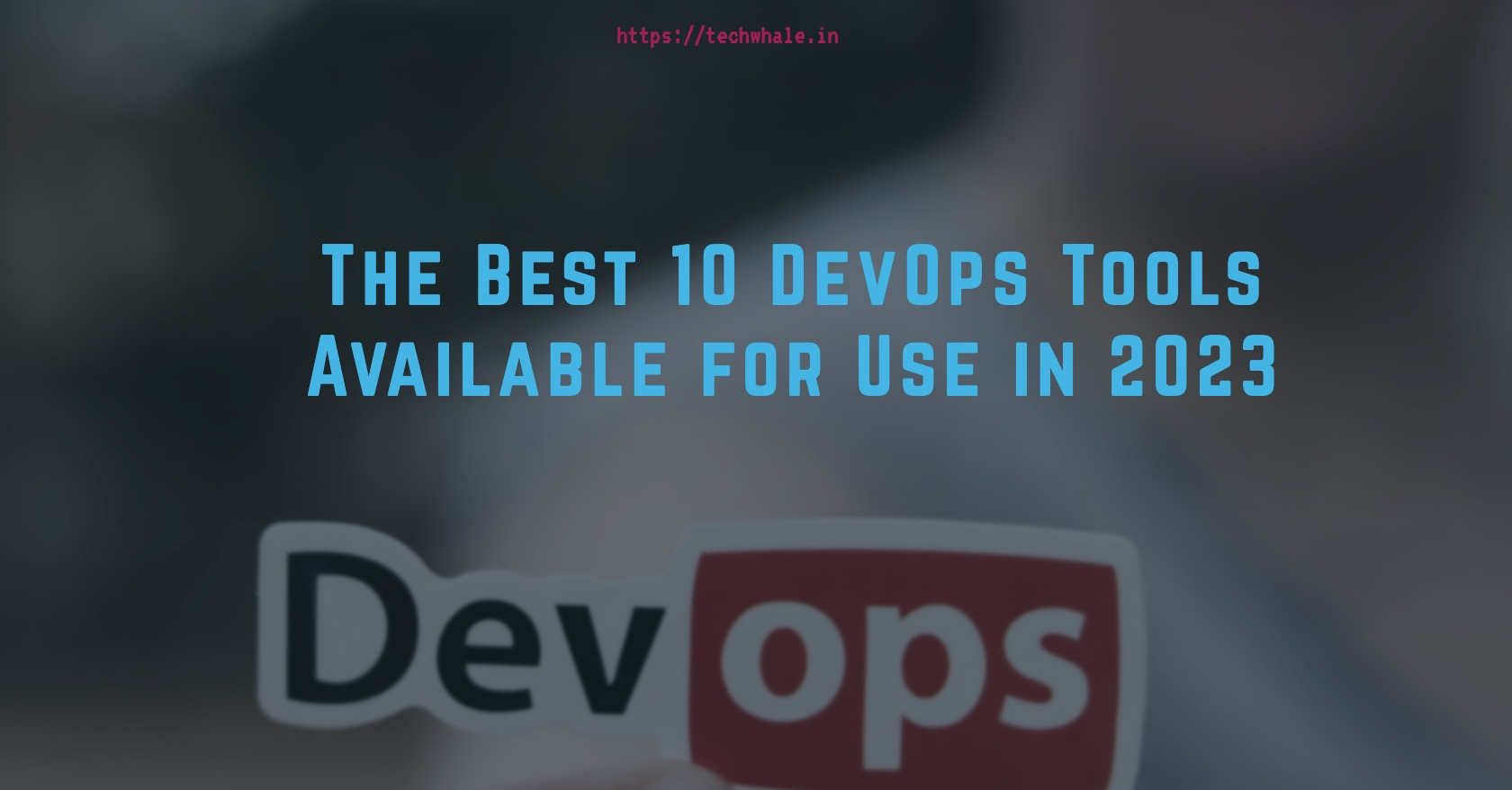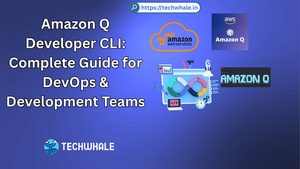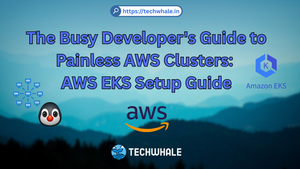
The Best 10 DevOps Tools Available for Use in 2023
-
DevOps has become an integral part of modern software development. The DevOps process aims to speed up software development and deployment while ensuring quality and reliability. To achieve this goal, DevOps teams use a wide range of tools to automate tasks, manage code, and track issues.
In recent years, DevOps has evolved dramatically, and so have the tools used by DevOps teams. As we look ahead to 2023, we can expect even more advanced DevOps tools to be available to help teams streamline their processes and achieve their goals.
Here are the top 10 DevOps tools that will be available for use in 2023:
1. Docker
Docker is one of the most popular DevOps tools available. It allows developers to package software into containers that can be easily moved between environments. This makes it easy to create consistent development, testing, and production environments. Docker has become an essential tool for DevOps teams, and we can expect it to become even more widely used in the years to come.
2. Jenkins
Jenkins is an open-source automation server that is used to automate many parts of the software development process. It can be used to build, test, and deploy code, as well as to automate other tasks such as code analysis and security testing. Jenkins has a large and active community of users and developers, which means that it is constantly improving and evolving.
3. GitLab
GitLab is a web-based Git repository manager that provides source code management, continuous integration, and continuous delivery. It is a complete DevOps platform that allows teams to manage the entire software development lifecycle. GitLab has become a popular alternative to GitHub, and we can expect it to continue to grow in popularity in the years to come.
4. Ansible
Ansible is an open-source automation tool that is used to automate many parts of the software development process. It can be used to deploy applications, manage configurations, and automate other tasks. Ansible has become an essential tool for many DevOps teams, and we can expect it to become even more widely used in the coming years.
5. Kubernetes
Kubernetes is an open-source container orchestration platform. It is used to automate the deployment, scaling, and management of containerized applications. Kubernetes has become the de facto standard for container orchestration, and we can expect it to continue to dominate the market in the years to come.
6. Grafana
Grafana is an open-source analytics and monitoring platform. It is used to visualize and analyze metrics from a wide variety of data sources. Grafana has become an essential tool for monitoring and troubleshooting complex systems, and we can expect it to continue to be widely used in the years to come.
7. Prometheus
Prometheus is an open-source monitoring system that is used to monitor containers, services, and applications. It is designed to be highly scalable and can handle millions of metrics per second. Prometheus has become a popular alternative to traditional monitoring tools, and we can expect it to continue to grow in popularity in the coming years.
8. Slack
Slack is a team communication platform that is used to improve collaboration and communication within DevOps teams. It is particularly useful for remote teams. Slack has become an essential tool for many teams, and we can expect it to continue to be widely used in the years to come.
9. Splunk
Splunk is an analytics and monitoring platform that is used to collect and analyze machine data. It is particularly useful for identifying issues and troubleshooting problems. Splunk has become an essential tool for many DevOps teams, and we can expect it to continue to be widely used in the coming years.
10. Nagios
Nagios is an open-source monitoring system that is used to monitor network devices, servers, and applications. It can be used to alert DevOps teams to issues before they become critical. Nagios has been around for a long time, and we can expect it to continue to be a popular choice for monitoring in the years to come.
In conclusion, DevOps is a critical part of modern software development, and these 10 tools will be crucial for DevOps teams in 2023. As DevOps evolves and becomes more complex, we can expect even more advanced tools to be developed to help teams streamline their processes and achieve their goals. It is important to choose the right tools for your team's needs to ensure that your DevOps process is efficient, reliable, and effective.






